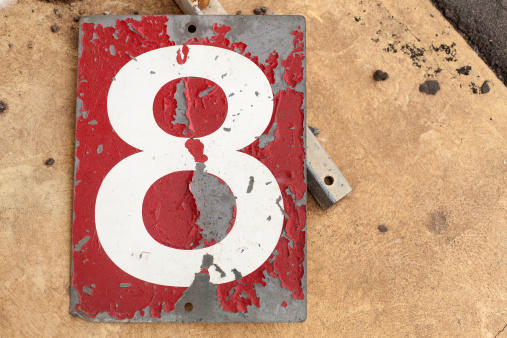 Whatever you want to buy for your business, buying at auction can be one of the very best methods. Especially if you look for really low cost auctions like bankrupt stock auctions, surplus stock auctions, police auctions and repossession auctions.
Whatever you want to buy for your business, buying at auction can be one of the very best methods. Especially if you look for really low cost auctions like bankrupt stock auctions, surplus stock auctions, police auctions and repossession auctions.
8 Tips For Successfully Buying Stock At Auction
* Do your research. Get to know which auctions sell the type of stock you’re interested in and how often they’re held. The Secret Source Directory is good for finding out about auctions.
* Get on the auction house’s mailing list, so you get details of upcoming lots and auctions as soon as they are announced. Most auctions now send out catalogues using email so this needn’t cosy you a penny.
* Always view lots you’re interested in buying in person – unless they’re so cheap you can afford to take a risk buying sight unseen. Many sales have a special viewing period either the day or morning before the sale.
* Set a sensible maximum price and stick to it. It might seem like stating the obvious, but it’s good advice.
* Don’t be afraid of accidentally buying something at auction! It’s practically impossible. When your lot comes up simply indicate your interest to the auctioneer – a raised hand or finger will usually do the trick. If the price exceeds what you’re willing to pay simply look away from the auctioneer and he or she will know you’ve fallen out of the bidding.
* Know the difference between guide prices and reserve prices. A guide price is the price the auctioneer ‘suggests’ the lot will achieve. It isn’t necessarily the price the lot will sell at which may be more, or may even be less. A reserve price is the minimum at which the seller is willing to sell the lot. It isn’t normally revealed at the auction.
Be aware: Lots offered without reserve and/or with very low guide prices often attract more competitive bidding as a result and the selling price can be driven higher than you might expect. Remember to stick to your bidding limit.
* Most auctions charge buyers a buyer’s premium of several percent. So be sure to find out what this is before you bid and allow for it when bidding. There is usually VAT on top of the buyer’ premium
* Unsold lots can be a way to get an incredible bargain at auction. Here’s how: Normally, an unsold lot is a lot which hasn’t reached its reserve price and so is withdrawn at the sale. But, the seller might still be willing to sell it for a near offer.
Here’s how to take advantage of unsold lots: Make a note of the last bid made on the unsold lot before it was withdrawn. If you’re still interested in buying at a price that is slightly above that bid contact the auctioneer’s clerk after the sale. They’ll contact the seller for you and, if they accept, you could buy the lot at even less than its reserve price!
For more expert secret sourcing techniques plus extensive listings of wholesalers, import sources, manufacturers, auctions and many more sources What Biz Opp recommends the.

